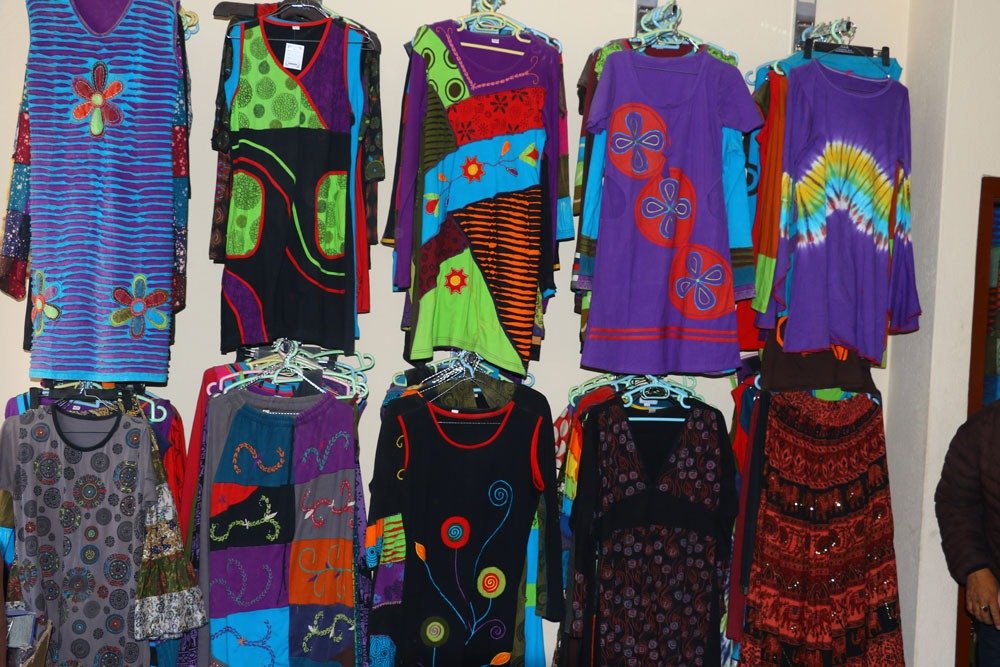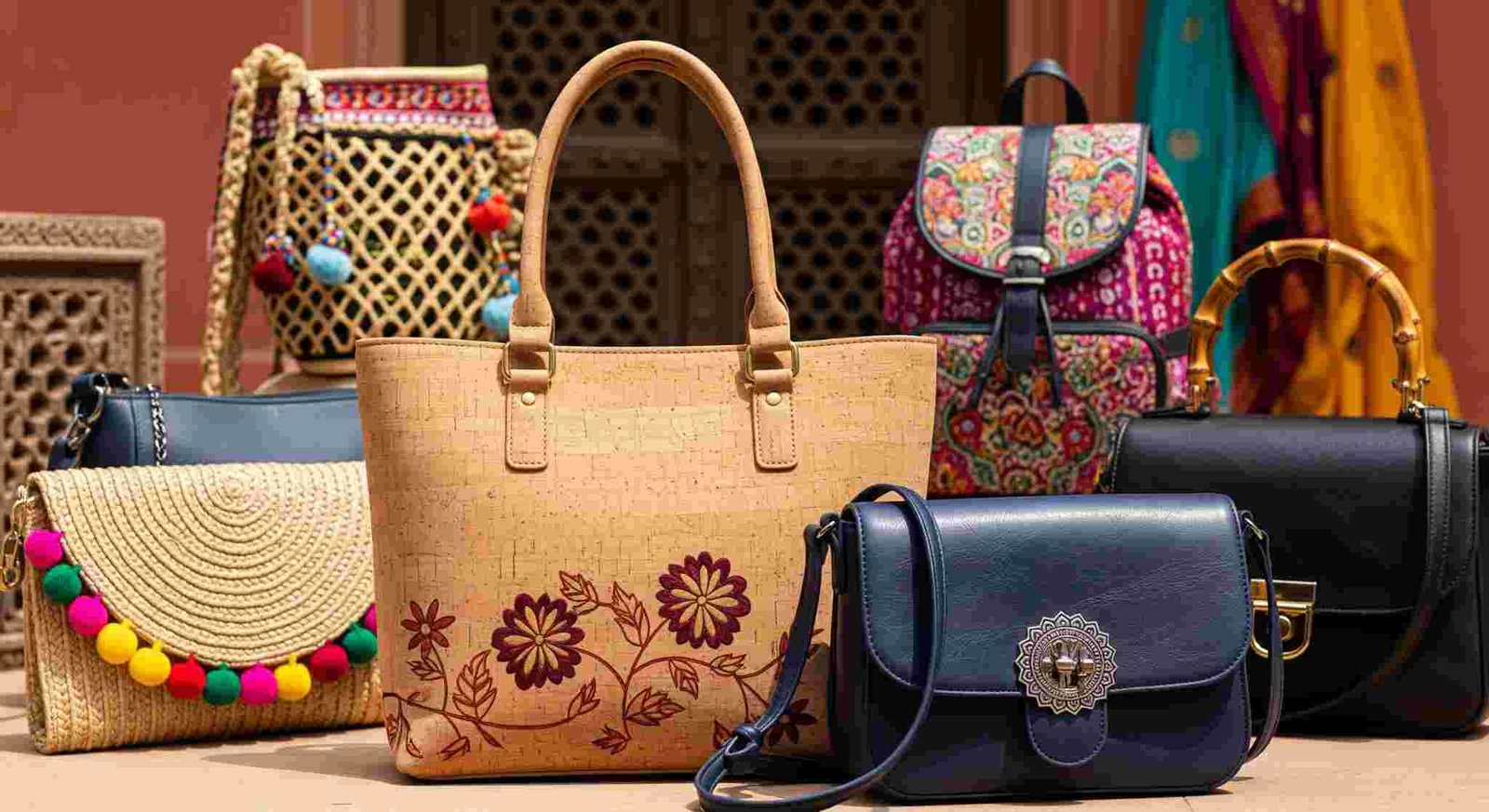In today’s ever-evolving fashion industry, the demand for expressive, sustainable, and free-spirited apparel has never been stronger. Among the many fashion trends that have stood the test of time, hippie clothing continues to represent individuality, creativity, and conscious living. Whether it’s vibrant tie-dye shirts, flowy bohemian dresses, or eco-friendly handmade accessories, hippie fashion is more than just clothing—it’s a lifestyle.
If you’re a boutique owner, online retailer, or entrepreneur looking to tap into this growing niche, finding the right hippie clothing supplier is essential. The right supplier not only delivers unique styles but also aligns with the values of sustainability, fair trade, and authenticity that hippie fashion represents.
Table of Contents
The Appeal of Hippie Clothing
Hippie clothing traces its roots back to the counterculture movement of the 1960s and 70s, symbolizing freedom, peace, and love. Today, it has evolved into a mainstream fashion statement embraced by people across the globe. Its growing popularity is attributed to:
- Unique, artistic designs – Tie-dye, patchwork, embroidery, and handwoven fabrics make each piece distinctive.
- Eco-conscious production – Many suppliers use organic cotton, hemp, or recycled fabrics.
- Cultural fusion – Hippie fashion often blends global influences, from Nepalese prints to Indian block patterns.
- Timeless demand – The bohemian lifestyle is trendy year-round, ensuring consistent sales for retailers.
For these reasons, businesses that source from a trusted hippie clothing supplier can cater to a wide customer base, from festival-goers to eco-conscious shoppers.
Qualities to Look for in a Hippie Clothing Supplier
When choosing the right supplier, businesses must consider more than just price. Below are the key aspects to evaluate:
1. Authenticity and Craftsmanship
A true hippie clothing supplier should offer authentic, handcrafted designs. Many suppliers work directly with artisans from Nepal, India, or Thailand, ensuring each item reflects traditional craftsmanship.
2. Sustainability Practices
Eco-friendliness is at the heart of hippie culture. Look for suppliers that prioritize organic fabrics, low-impact dyes, and fair-trade practices. Sustainable sourcing not only benefits the environment but also appeals to modern conscious consumers.
3. Variety of Collections
The best suppliers provide a wide range of products, including:
- Tie-dye t-shirts and hoodies
- Bohemian skirts and dresses
- Patchwork jackets
- Harem pants
- Handmade jewelry and accessories
A diverse collection helps retailers serve both men and women, as well as seasonal demands.
4. Customization Options
Some hippie clothing suppliers allow custom designs, enabling retailers to create private-label collections or unique festival apparel.
5. Wholesale Pricing and Scalability
For small boutiques and large retailers alike, competitive wholesale pricing is critical. A good supplier should offer tiered discounts, bulk deals, and consistent stock availability.
6. Global Shipping and Reliability
Since many hippie clothing suppliers are based in South Asia, it’s important to confirm their shipping policies, lead times, and return options to ensure smooth business operations.
Benefits of Partnering with a Hippie Clothing Supplier
Working with the right supplier can elevate your business in multiple ways:
- Consistency in Quality: Authentic fabrics and designs build brand trust.
- Increased Customer Loyalty: Shoppers appreciate ethical, unique, and eco-friendly fashion.
- Business Scalability: Wholesale pricing makes it easier to expand inventory.
- Market Differentiation: Hippie fashion stands out in the crowded apparel market.
The Global Market for Hippie Fashion
The bohemian and hippie-inspired fashion market has seen steady growth, especially with the rise of e-commerce and social media influencers. Retailers who partner with niche suppliers can tap into festival fashion trends, yoga lifestyle communities, and sustainable clothing movements.
Countries like Nepal, India, and Thailand are major hubs for hippie clothing suppliers due to their traditional textile heritage and skilled artisans. Meanwhile, Western brands often collaborate with these suppliers to distribute globally.
Table: Key Factors to Compare When Choosing a Hippie Clothing Supplier
| Factor | Why It Matters | What to Look For |
| Authenticity | Ensures originality | Handcrafted, artisan-made items |
| Sustainability | Appeals to eco-conscious buyers | Organic, recycled fabrics |
| Product Range | Supports different markets | Clothes, accessories, home décor |
| Pricing & Discounts | Affects profit margins | Tiered wholesale pricing |
| Reliability | Builds customer trust | On-time delivery, quality checks |
| Customization Options | Creates uniqueness | Private labeling & special orders |
Conclusion
In a world where fashion often feels fast and disposable, hippie clothing stands as a beacon of authenticity, creativity, and conscious living. For businesses, partnering with the right hippie clothing supplier is more than just sourcing apparel—it’s about aligning with a lifestyle movement that values individuality and sustainability.
By choosing a supplier that emphasizes eco-friendly practices, authentic craftsmanship, and global reach, retailers can cater to a growing audience that craves fashion with meaning. Whether you’re running a small boutique or scaling an online store, the right supplier can help you transform your business into a trusted destination for bohemian and hippie fashion lovers worldwide.
Key Takeaways
- Hippie clothing combines culture, sustainability, and self-expression.
- A good supplier should prioritize authenticity, eco-conscious practices, and fair trade.
- Wholesale hippie fashion offers consistent demand across global markets.
- Retailers can stand out by partnering with suppliers that provide variety and customization.
- Ethical sourcing isn’t just good for business—it builds long-term brand loyalty.
FAQs
Q1: Where can I find reliable hippie clothing suppliers?
You can find trusted suppliers in Nepal, India, Thailand, and through global wholesale platforms. Look for those with positive reviews and proven track records.
Q2: Are hippie clothing suppliers eco-friendly?
Many hippie clothing suppliers focus on organic cotton, hemp, and recycled fabrics, but always check their sustainability credentials before partnering.
Q3: Can I buy hippie clothing in bulk for resale?
Yes. Most suppliers offer wholesale pricing and bulk discounts, making it easy for boutiques and online shops to stock inventory.
Q4: Do hippie clothing suppliers allow customization?
Some suppliers offer custom printing, embroidery, and labeling, which is ideal for retailers wanting unique collections.
Q5: Is hippie clothing still in demand?
Absolutely. With the rise of eco-conscious fashion and bohemian lifestyles, hippie clothing continues to enjoy global popularity.



